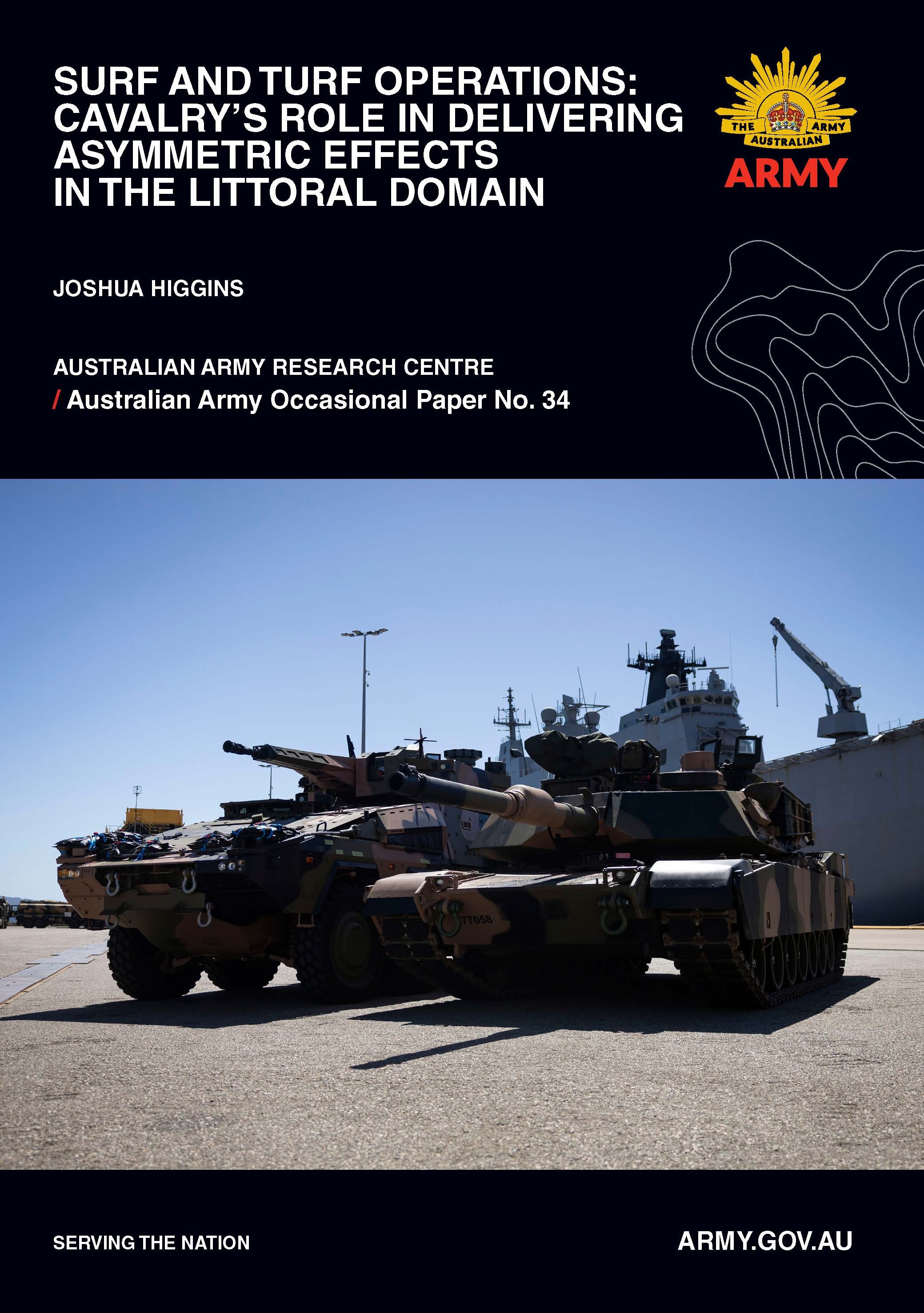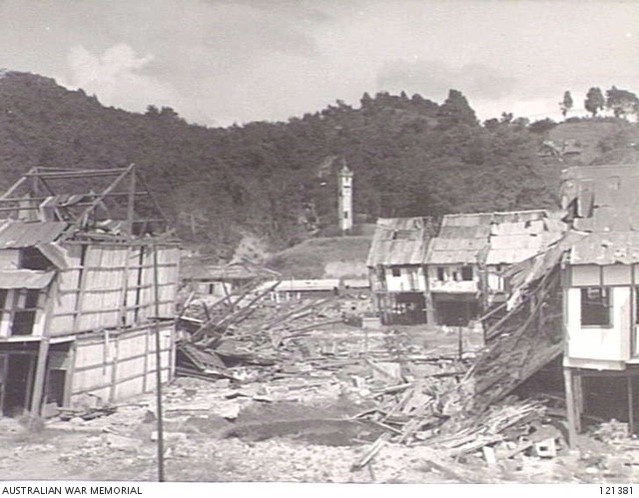How long will it be until Russia invades the Baltic States? Or Poland? Or indeed even attempts to capture all of Western Europe? Regular reports in western corporate media and comments by a sizable number of politicians, senior military officers and influential commentators would suggest that the Russians are coming and soon.
Some examples include comments by the former UK Prime Minister David Cameron stating that ‘Europe must remain united in the face of the threat from Russia’ and the US Deputy Assistant Secretary of Defense who has argued that ‘Russia could potentially overpower NATO forces in the Baltic’s in 60 hours.’ General Sir Alexander Shirreff, a former deputy commander of NATO, has even published a fictional book warning of a Russian invasion of the Baltic’s in May 2017. From an Australian perspective in recent months Professor Paul Dibb has authored a paper for the Australian Strategic Policy Institute (ASPI) titled Why Russia is a threat to the international order (pdf) where he concludes that the ‘Russian challenge imperils security in Europe’ whilst in this blog it has been suggested that the Australian Army must be prepared to contribute to conventional land conflict against countries such as Russia.
Professor Dibb's ASPI paper provides a neat encapsulation of the reasoning, used by many in the West, which concludes that Russia is a threat to the international order. President Putin’s desire to re-establish Russia as a great power, the Russian invasion of Georgia in 2008, the annexation of Crimea, Russia’s involvement in the Donbass and Syria, described as a ‘clear demonstration of Putin’s aggressive conduct of foreign policy,’ are some of the reasons cited to support the view that Russia is a threat.
Whilst Professor Dibb acknowledges that Western foreign policy towards Russia has partly contributed to the current tensions between Russia and the West, what is informative about his paper, and so much other analysis and reporting on Russia, is not what is said but rather what is not said. This has been described as ‘the power of leaving out’ where important detail on the historical context, timelines, causality, responsibility and motives behind events are omitted. There appears to be many details that have been omitted from Professor Dibb's analysis that, if considered, would lead to a markedly different conclusion.
Some of the more obvious omissions include the European Union’s assessment that Georgia was responsible for the Russo-Georgia war in 2008, that Russia only responded in Crimea and the Donbass after a Western backed coupinstalled a fiercely anti-Russian government (that includes neo-Nazi elements) and that Crimea’s largely ethnic Russian population voted overwhelmingly to accede to Russia after the coup. Professor Dibb's assessment of Russia’s actions in Syria is particularly disingenuous. Russia’s military deployment in Syria is at the request of the Syrian Government; a legal deployment of military forces. This in sharp contrast to Western involvement which appears more interested in overthrowing the Government of President Assad than fighting terrorists. Western military involvement is not at the request of the Syrian Government nor is it subject to a United Nations Security Council Resolution. This would suggest that Western military involvement in Syria is illegal under international law.
Further evidence supporting the view that Russia is not a threat comes from a senior NATO General who states that there is no intelligence assessment suggesting broad-scale Russian aggression, the German Foreign Minister who argues that NATO has a ‘bellicose policy towards Russia’ and is ‘warmongering’ and analysis from a respected Professor Emeritus of Russian History whose conclusion is that Russian aggression ‘clearly does not exist.’ Indeed, with the continued expansion of NATO towards Russia’s borders, US support to 'colour revolutions' (pdf) in countries of the former USSR, and US led interventions in Libya, Iraq, Syria and Yemen are all considered, the question must be asked whose foreign policy is aggressive?
The Russian Federation is not the USSR. Yet the rhetoric of influential commentators such as Professor Dibb suggests that the Cold War mentality is alive and well in the West. The events of the last few years have proven that the Russian Federation has both the will and capacity to defend its national security interests when they are challenged as they have been in both the Ukraine and Syria. If we wish to avoid conflict between Russia and the West, perhaps its time to stop poking the bear?




